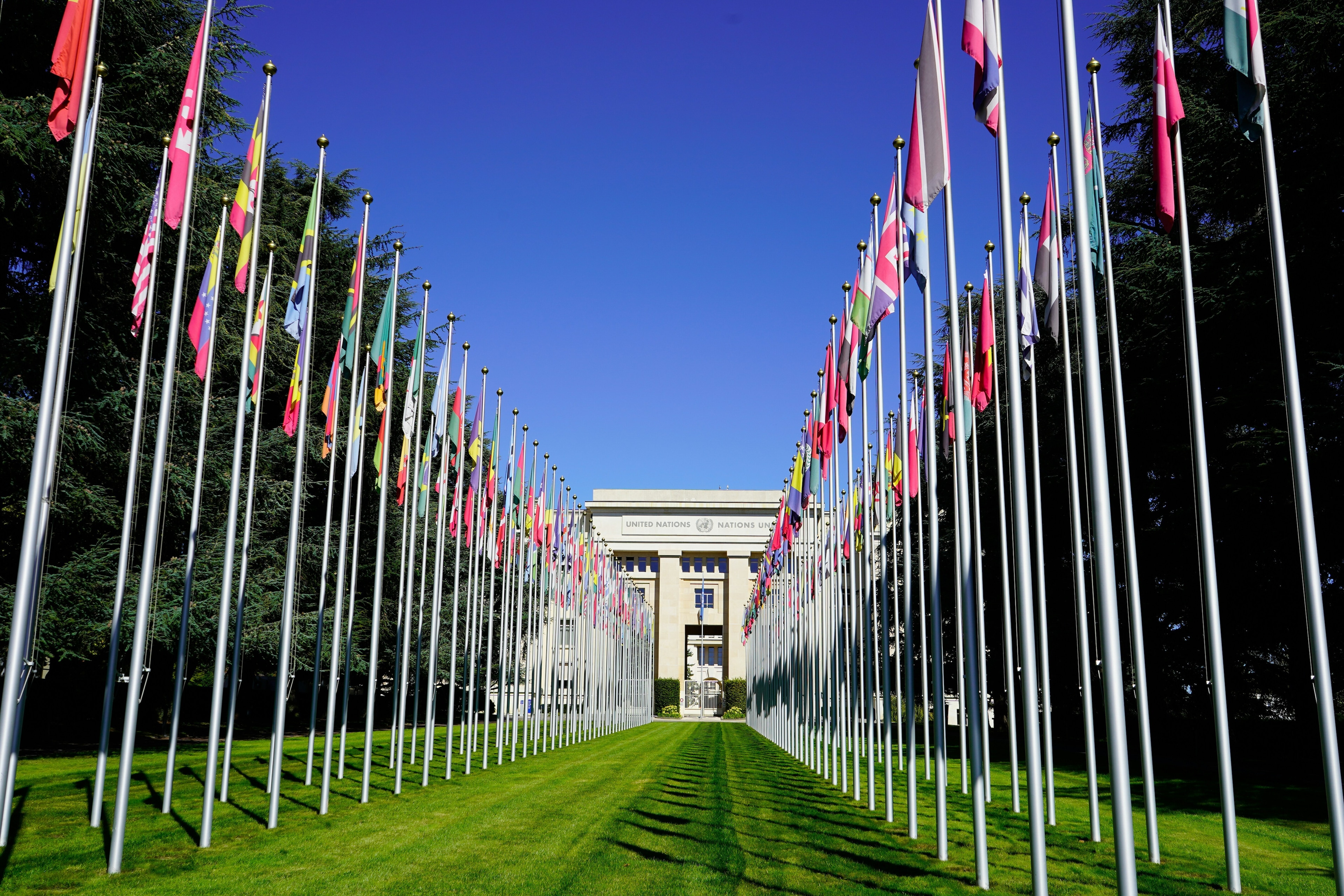
How AI helps diplomats scale inclusion in global climate negotiations
If diplomacy is to stay a tool for peace, inclusion and progress, it must become more human, not in spite of AI, but with its support. May this tech help?
Dr. Maya Ben Dror is a global strategist and catalyst for systems innovation with nearly two decades of experience across start-ups, scale-ups, governments and non-profits on three continents. Her work spans cleantech, the mobility ecosystem, manufacturing and AI for cooperation. As co-founder of ComplexChaos, she builds AI tools to enhance large-scale human collaboration. Previously, she led sustainability and mobility initiatives at the World Economic Forum and has advised venture capital firms and global boards on mobility, sustainability and innovation.
If diplomacy is to stay a tool for peace, inclusion and progress, it must become more human, not in spite of AI, but with its support. May this tech help?
Un nuevo informe del Foro Económico Mundial demuestra cómo el sector de la manufactura avanzada puede superar los desafíos en la creación de ciberresiliencia.
The World Economic Forum’s New Narrative demonstrates how the advanced manufacturing sector can overcome challenges to building cybersecurity resilience.
Advanced Manufacturing is a critical industry to global supply chains, the fight against climate change and economic stability. It's due a new narrative.
電気二輪車は、新興国市場におけるモビリティ転換の鍵となります。
Road mobility accounts for a quarter of the world's carbon emissions, so the sector's decarbonization is vital to mitigate the effects of climate change.
La movilidad por carretera representa una cuarta parte de las emisiones mundiales de carbono, por lo que la descarbonización equitativa del sector es una parte vital de la acción climática.
传统上,各行业在规划脱碳战略和布局基础设施方面各行其是,导致效率低下、成本提升,部署缓慢。通过挖掘汽车电动化所能带来的潜在储能,我们将可以扩大清洁电网的容量,提高电网效率,并加速电动汽车的供应。到2050年,电力需要占到所有能源消费中的50-70%。为实现这一转型,我们需要新的储能方案和智能需求管理。
By tapping into the potential energy storage that electric vehicles offer, we can scale clean grid capacity, improve grid efficiency and increase value.
テクノロジーの急速な発展に伴い、自動車がスーパーコンピューターを搭載する流れが加速しています。 自動車産業は変革期を迎えており、より安全かつサステナブルで、よりインクルーシブなモビリティの実現に期待が高まっています。 ソフトウェア駆動型の時代における自動車イニシアチブでは、自動車、新モビリティ、ICTの3分野の企業が連携し、モビリティ社会にプラスの影響をもたらすことを...
Los vehículos son cada vez más superordenadores sobre ruedas. Así es como la transformación de la industria automotriz está haciendo que la movilidad sea más segura, más sostenible y más ...
Cars are increasingly supercomputers on wheels. Transformation of the automotive industry is making mobility safer, more sustainable and more inclusive.
Africa is home to 40% of the world's used cars, which greatly impacts emissions. We must ensure the Global South also sees the benefit of electrification.
Women are underrepresented in the mobility sector and systems are not designed for them. These organizations are helping women to re-shape the future.
La mitad de las emisiones producidas por los vehículos eléctricos corresponden a las baterías. ¿Cómo podemos garantizar que sean totalmente reciclables?













